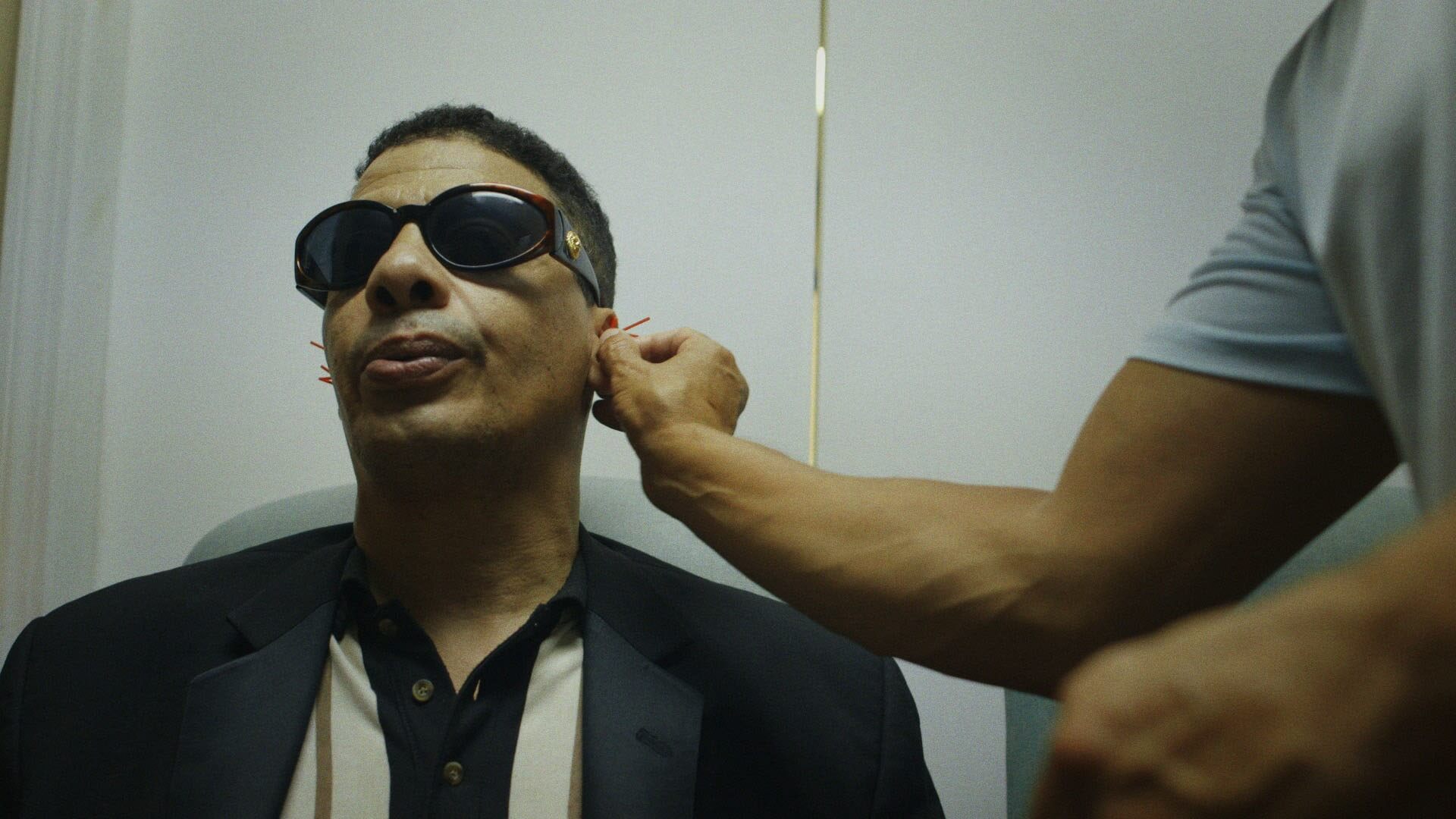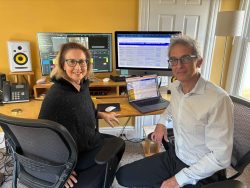Dope is Death tells the story of how community activists developed the first acupuncture detox clinic in the United States during the early 1970s. Under the leadership of Dr. Mutulu Shakur, stepfather of the late Tupac Shakur, Lincoln Detox became the first and only politically run drug treatment program funded by the city of New York. The clinic grew out of the militant occupation of the South Bronx’s Lincoln Hospital by members of the Black Panther Party, the Young Lords and the Health Revolutionary Unity Movement (HRUM) in July of 1970. Today the legacy of the standardized 5-point ear acupuncture protocol that they developed lives on in harm reduction and holistic health clinics across the United States, but its radical roots remain largely unknown – until now.

Dope is Death
Dope is Death
Q&A filmmaker Mia Donovan, activists Juan Cortez and Sekou Odinga, and acupuncturist Tabitha Silver moderated by Dr. Samuel Kelton Roberts
Tickets: $15 (members), $20 (nonmembers)
PAST EVENTS
Q&A filmmaker Mia Donovan, activists Juan Cortez and Sekou Odinga, and acupuncturist Tabitha Silver moderated by Dr. Samuel Kelton Roberts
Thursday, Dec. 2 2021, 7:00
This event is over. View all of our upcoming events.
Juan Cortez is a holistic health specialist at NYHRE and a registered trainer with NADA (National Acupuncture Detoxification Association). He came to NYHRE as a young injection drug user in the 1990s, where he was introduced to acupuncture and harm reduction for the first time on the streets of Harlem. Combining harm reduction at NYHRE and receiving acupuncture treatments and attending support groups at Lincoln Detox helped him to achieve his goal of being drug free. He was later hired at NYHRE as a case manager and holistic health specialist.
Sekou Odinga is an activist, public speaker, and author. He was a member of Malcolm X’s Organization of Afro-American Unity, a founding member of the New York chapter of the Black Panther Party, and was a member of the NY Panther 21. A citizen of the Republic of New Afrika and combatant of the Black Liberation Army, Sekou was captured in October 1981, mercilessly tortured, and spent the following thirty-three years behind bars—a prisoner of war and political prisoner of the U.S. Empire. Since his release in November 2014, he has remained a stalwart fighter for justice and for the release of all political prisoners.
Licensed acupuncturist Tabitha Silver MS, Lac. was born & raised in New York City’s Morningside Heights. She founded Body Mechanics in 2013. She is also the executive director of Acupuncture Nation, whose mission is to secure accessible and affordable acupuncture care for all Americans living along the stress/trauma/PTSD spectrum, and to provide effective, low-cost, non-pharmaceutical pain relief for the millions of Americans suffering from chronic physical pain, emotional distress, and addiction.
Mia Donovan is a filmmaker, podcast producer, and digital storyteller based in Montreal, Quebec. She is best known for her documentary films DEPROGRAMMED (2015) and INSIDE LARA ROXX (2011). Her award-winning documentaries have screened internationally at film festivals such as True/False, IDFA, CPH DOX, Hot Docs, and DOC NYC. She is a recipient of the prestigious Don Haig Award and her virtual reality project DEPROGRAMMED VR won the coveted IDFA DocLab Award for Digital Storytelling in 2016. Most recently she received a Chicken & Egg Pictures' 2021 Project Hatched grant. She is currently writing her first narrative feature film.
Samuel Kelton Roberts, PhD, is a Columbia University Associate Professor of History, Sociomedical Sciences, and African-American and African Diaspora Studies. At Columbia, Dr. Roberts leads the Research Cluster for the Historical Study of Race, Inequality, and Health. He writes and lectures widely about Black politics, history, and public health, especially issues pertaining to public health. His widely acclaimed book, Infectious Fear: Politics, Disease, and the Health Effects of Segregation (University of North Carolina Press, 2009), demonstrates the historical and continuing links between racial segregation, anti-Black racism, and poor health outcome.
This film is part of the REMIX: The Black Experience in Film, Media, and Art series.
This series is presented with generous support from:



